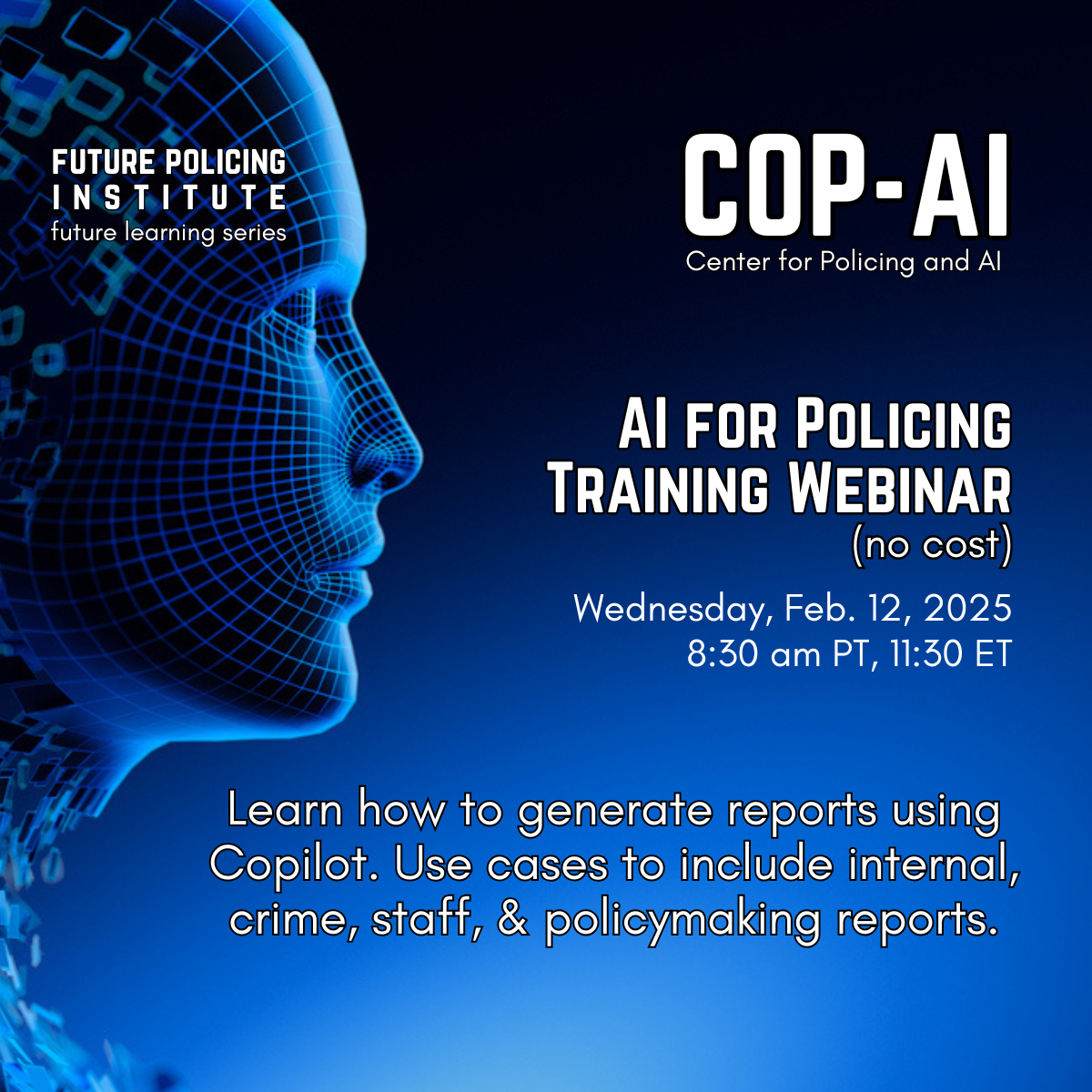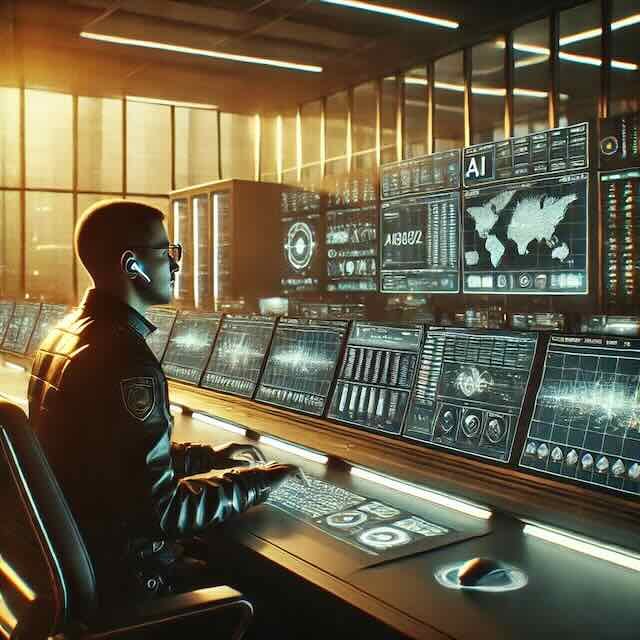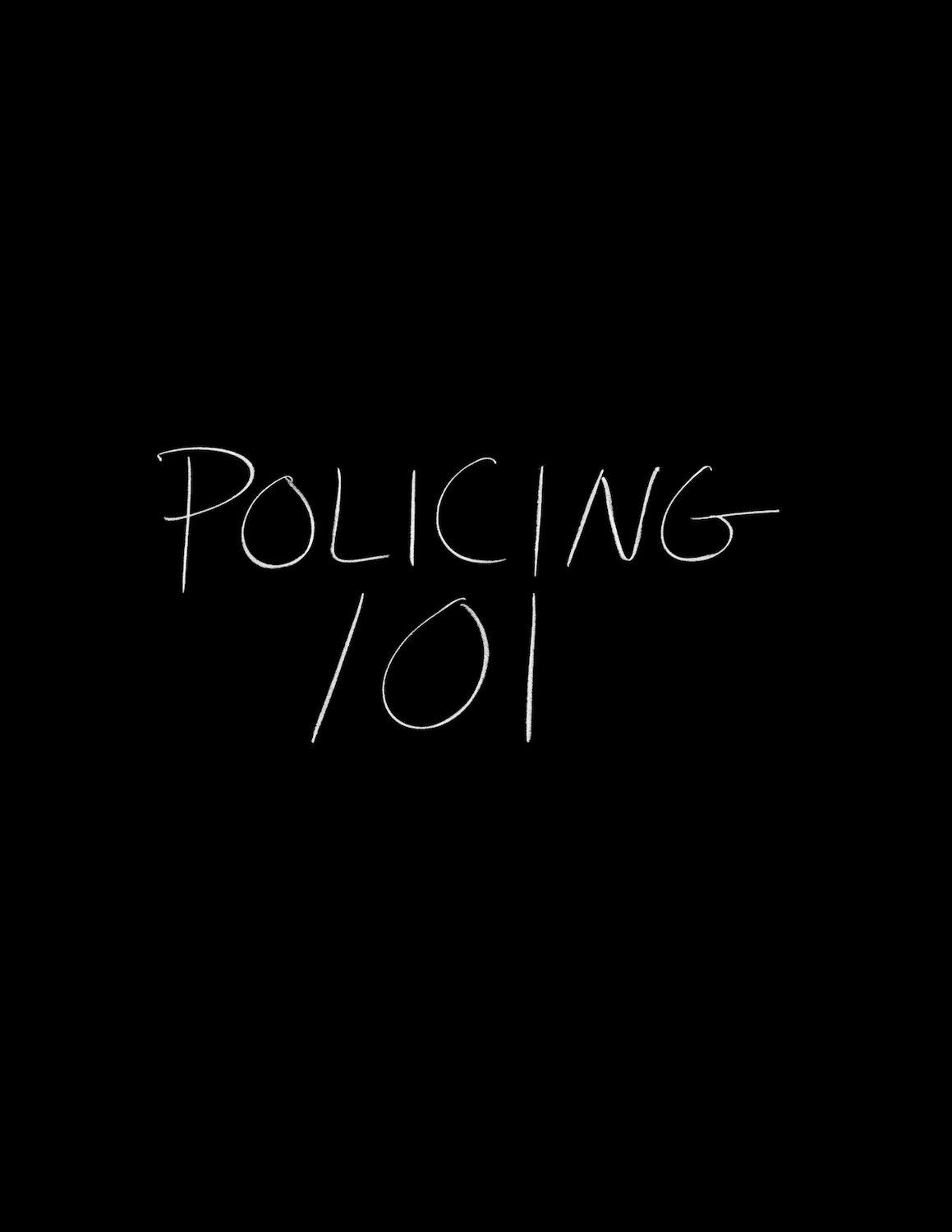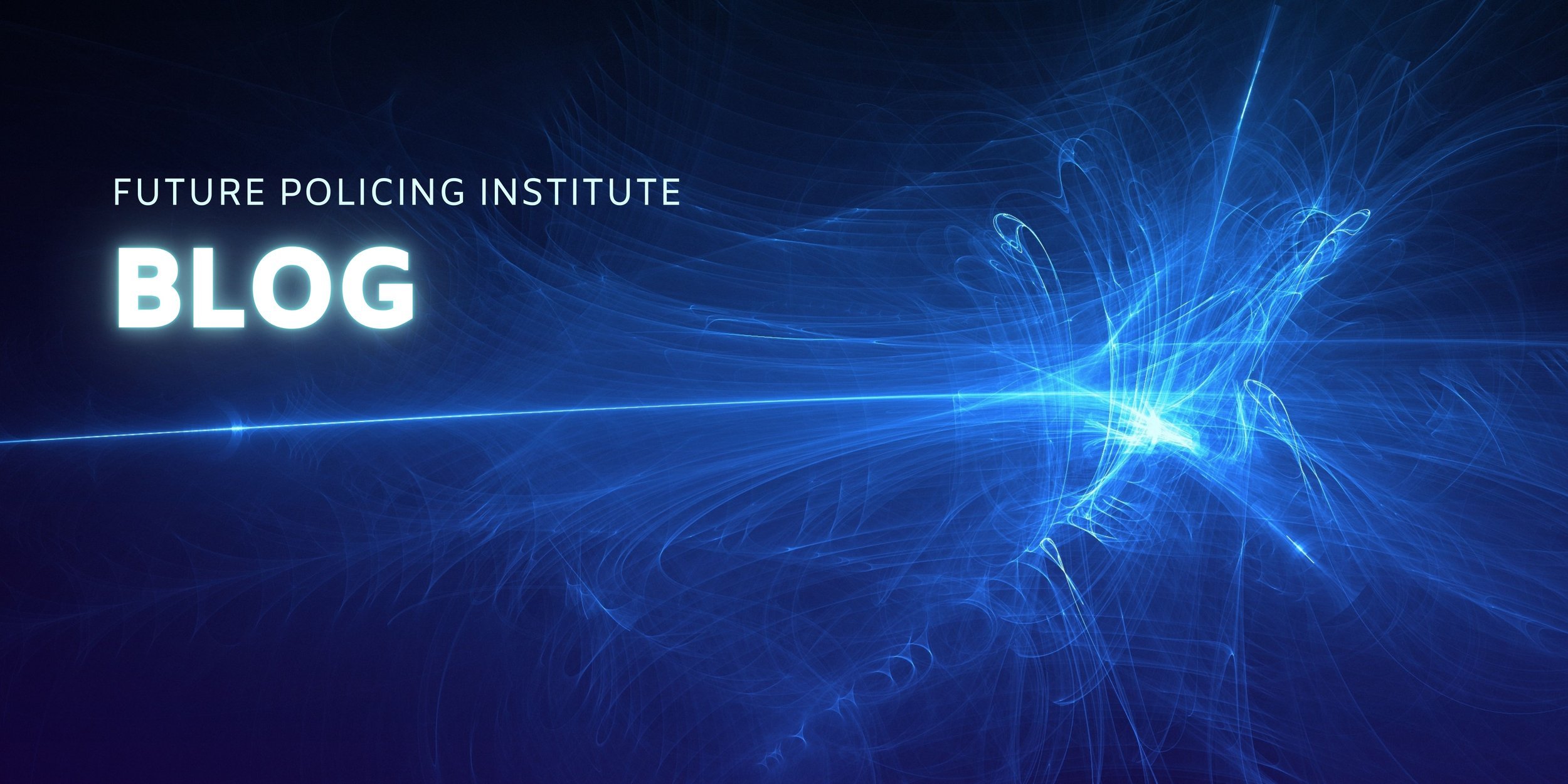Disclaimer: The views and opinions expressed by the Future of Policing Institute fellows are theirs and do not necessarily reflect the views or positions of any entities they represent.

No cost webinar on using AI (Copilot) in Police Report Generation
Register now for the upcoming webinar on using AI (copilot) to more effectively and efficiently create a wide variety of policing reports. It will be at 8:30am PT on Wednesday, February 12, 2025. Registration is now open. Just click on the “read more” below to register.
Attendees will learn the multiple ways in which Copilot can be used to generate a variety of reports. Use cases will include crime reports, staff reports, city council reports, etc. Practical, easy-to-understand information you can put to work immediately!

AI’s Role in Law Enforcement: Enhancing Dispatcher Training with Voice-Enabled Technology
The future of police communications, and the integration of artificial intelligence in dispatcher training, is becoming more apparent.

Why Police Academy Directors should focus on Five Simple Questions?
Today, we need cops whose core competencies are consistent with organizational values and contemporary views of the true purpose of policing. The formal training of these officers begins in police academies. There are five basic questions each academy director should be asking themselves as they reflect on the nature of the training they are providing.

The Role of Martial Arts Training for Police Officers
In the future, cops will probably have access to tools that incapacitate resisting arrestees without hurting them. But those tools don’t exist today, and we are forced, as a first level use-of-force, to resort to putting our hands on them to try and restrain them. The extent to which officers are proficient in the use of “hands-on” techniques directly relates to the reduction of injuries to arrested persons. This is where martial arts-centered defensive tactics comes into play.

